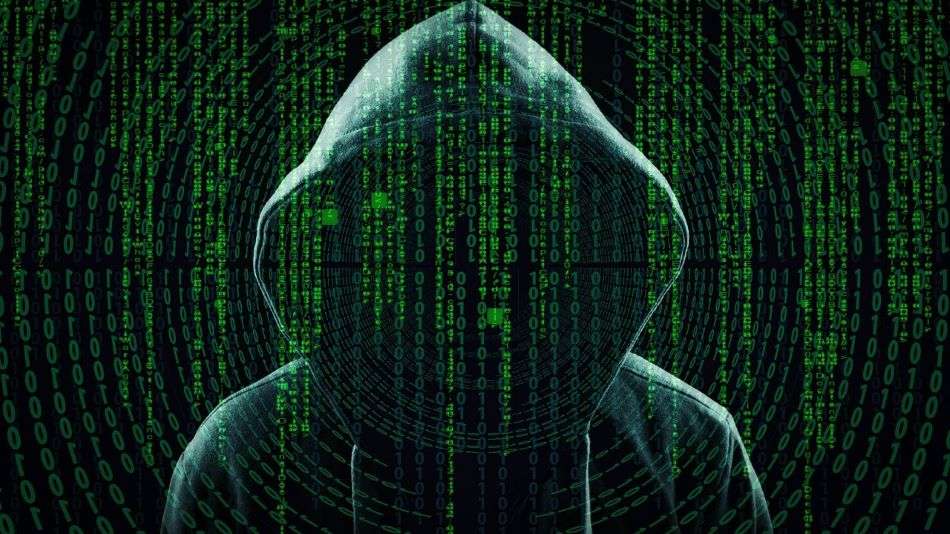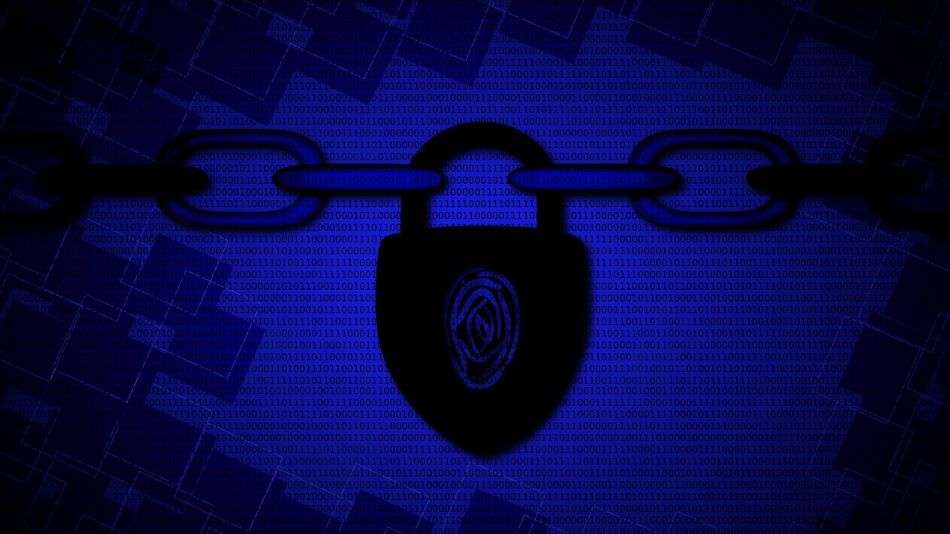Securing Decentralized VPNs Against Quantum Security Threats

We’ve all heard the news. Quantum computing is the new dawn. It solves problems at unimaginable speeds—great for science, not so great for cybersecurity.
Quantum computers can break the cryptographic algorithms that Virtual Private Networks (VPNs) use to encrypt data. Conventional end-to-end encryption is at risk of becoming obsolete as this technology advances.
VPN security has a question mark over its head. But there is a solution to this ever-present problem. With dVPNs (Decentralized VPN), providers are finding new ways to offer complete privacy and security for consumers. Let’s look at how.
The threat of quantum computing
Quantum computers are powerful. They leverage qubits instead of the regular bits used by classic computers. To put into perspective why that matters, a 66-qubit quantum computer solved a problem in one millisecond that would’ve taken a regular computer around 30 trillion years to finish. It’s that kind of fast.
And quantum computers are still in their infancy. They’re more prototype than polished product and will get more powerful over time.
This is worrying news for conventional VPNs. Quantum computers can break many of the cryptographic algorithms that they use to secure user data. And if the encryption standards don’t work, user information is at risk.
Even if quantum computing isn’t capable of cracking an encryption standard right now, many attackers are using a ‘hack now, decrypt later’ strategy. Hackers are comfortable collecting encrypted information and storing it long-term, safe in the knowledge it can be decrypted at a later date when quantum computing advances.
Where VPNs fall short

The overwhelming concern with centralized VPNs is that they have a single point of failure. While attackers can’t view encrypted traffic from outside of the VPN, if they can find a point of entry, they can access everything.
It’s like a castle protected by a moat. The moat keeps attackers at bay, but once they make it over the water, they’re knocking at the castle door. There’s no nuance. No shades of gray. It’s all or nothing—one successful attack, and every piece of data is compromised.
And with quantum computing, crossing the moat is becoming an increasing concern.
Some traditional VPNs are catching up to the quantum threat. ExpressVPN, for instance, launched its post-quantum protection VPN in October 2023. But quantum computing is still in its infancy. Will it become too strong for post-quantum protection? Time will tell.
Regardless, this still doesn’t consider the biggest security flaw with VPNs: The providers themselves.
The VPN provider problem
Many VPN providers claim not to collect logs, but history has proven that this isn’t always the truth. Some are required to collect logs due to government legislation. Others may sell them to companies to turn a profit.
There is currently no way to verify that a VPN isn’t collecting user data. Centralized VPNs now hold enormous power. A huge amount of internet traffic goes through their services, and it’s up to them what they do with it.
This spells trouble. Aside from the breach of privacy, a VPN company that gathers user data provides another avenue of attack for determined cybercriminals. That means that, even if a VPN provider is thus far considered resilient to threats, there’s no guarantee that this will last.
How Decentralized VPNs (dVPNs) solve the problem

DVPNs remove the ‘single point of failure’ that makes traditional VPNs insecure.
The decentralized structure means traffic goes through an independent peer-to-peer network instead of a centralized server.
Trust is distributed across this network of nodes, and IPs are mostly residential rather than linked to a single provider. Each node in the network acts as the server and the client, sharing processing power with other nodes.
Rather than a single castle protected by a moat, dVPNs are an enormous network of fortresses in a vast landscape—each individually secured and independent from the other.
So what does all of this mean for security?
Aside from making it much harder for an entity to track, block or censor you, dVPNs also make it much harder for quantum computing threats to access data. Even if hackers compromise one node, the network remains secure. One fortress falls—the rest remain.
This doesn’t even touch on the other serious benefits a dVPN offers.
The lack of a centralized network means there is no single point of control, making it harder for ISPs and governments to block or restrict network access. This makes it easier to access geo-restricted content on platforms like Netflix.
And if you’re worried about data logging, don’t be. Whereas with a traditional VPN you’re relying on the providers word that they aren’t tracking your activity, the structure of a dVPN makes keeping tabs on users impossible.
So, with the rise of quantum computing, it’s hard to imagine a world where DVPNs aren’t the future.




